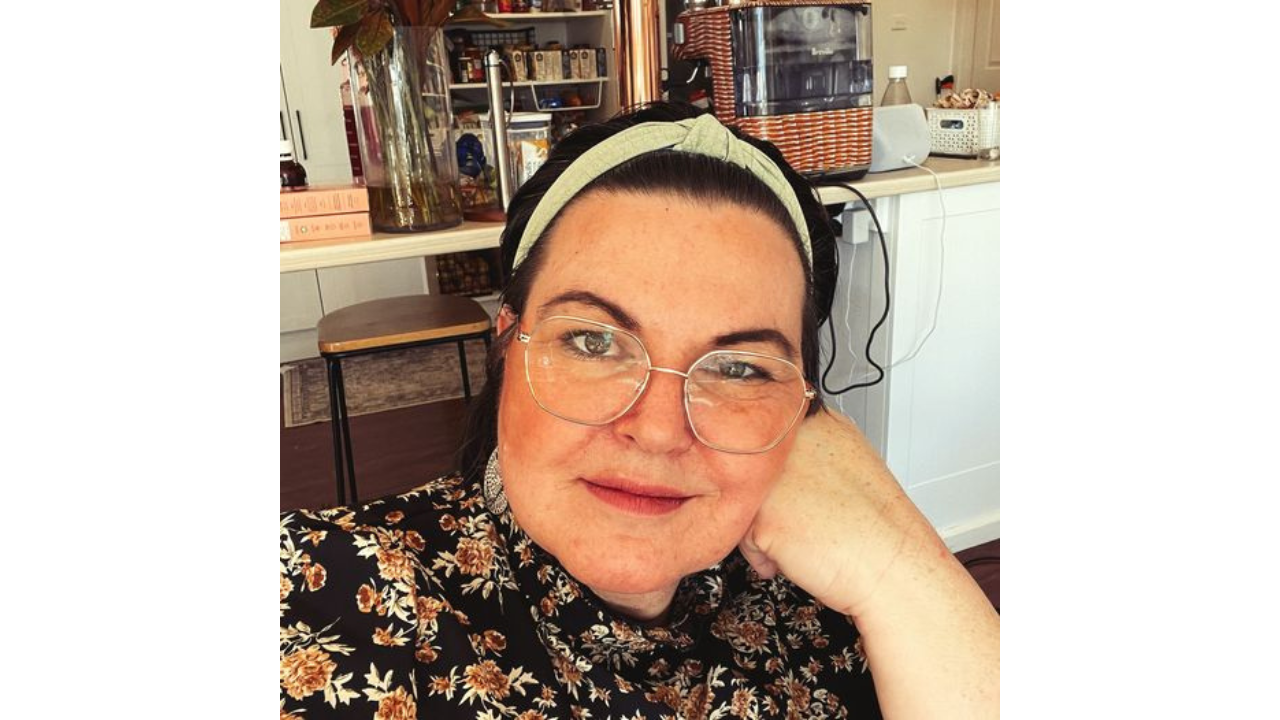You don't like the soup?

(ETA: This is not about being against therapy. It is a piece on the problematic nature of generic frameworks thrown at autistic people, rather than a consideration of the individual needs, wants, preferences and if there actually is a need for therapies.)
.
.
.
When I hear “What’s the best therapy for autistic kids?” you know what I hear?
Autistic people being dehumanised.
Nah, I’m not kidding. I wish I was.
And I wish I didn’t have to learn about the same therapies, interventions and approaches consistently wheeled out and served up to families…mostly the same, yet called different things or dressed differently.
We put more thought into the cleaning agent we’ll use on our stovetop. What type of stovetop is it? What material is it made from? How old? Gas or electric? Some cleaners are caustic and can burn - be careful! Spray or liquid cleanser?
We actually pay attention to the stovetop so the cleaning agent doesn’t damage it.
It doesn’t matter how good the cleaning agent is, if the stovetop is made from a material that the cleaner doesn’t suit, we won’t use it to avoid a permanently damaged stovetop.
Ahuh.
With autistic people, it doesn’t appear to matter as much.
The therapy (cleaning agent) matters more than the person (the stovetop).
If one person has a great experience with it, and they go off to an autism specific parent group and share said experience with said therapy, other parents are likely to seek out said therapy.
Imagine applying this approach and attitude to any other identity or culture.
Jewish, Aboriginal, Gay, Transgender, Buddhist…any identity or culture, and then let’s take a look at how it comes across…
“I read somewhere that a gay person liked carrot soup, so they gave it to more gay people and they ate it so that’s what all gay people like. Huh? You’re gay and you don’t like the carrot soup? Okay. Either you’re not gay, you’re lying about the soup, or you just haven’t had enough of it to know whether you like it.”
When the person doesn’t like the soup and expresses that, we rally around trying to convince them to eat it again, start eating it only on Mondays and build up slowly, or we decide that we’re going to tell the chef that our gay friend doesn’t like the soup and we’ve tried everything we can to get them to like it but it isn’t working and we’re done.
The chef tells us we need to take control here. We’re not being firm enough. “My soup is not the problem here. It’s how you’re selling it to your gay friend.”
We talk to our gay friend about how important it is that they like the soup, otherwise they’ll struggle and not be able to function in society like the hets (heterosexuals)… “We don’t live in a society that cares about whether you like the soup or not. You just have to like it.”
I know, this really IS RIDICULOUS.
Is an autistic person a person? Or a project?
There is no ‘best therapy’ for an autistic person because they’re a person, and people are complex. We have differing wants and needs, hopes and dreams. We have different personalities, we come from different races, creeds and backgrounds.
We have different genetic compositions (YES, EVEN AUTISTIC PEOPLE!).
Autistic people are people.
It is best practice to focus on the current, short term and long term needs of the human, based on improving their quality of life as a thriving autistic person, and not based on a drive to have them be less autistic.
That is not possible.
No matter how an autistic person appears on the outside, they’re always completely autistic on the inside.
So, will we support them to embrace and celebrate who they actually are, or will we move to raise them away from an identity and culture that is their birthright?
Supports should always be evolving, changing and growing with the autistic individual. Never fixed. Never one 'approach' or therapy.
KF
(Image is of KF, sitting and smiling at the camera. She is wearing a floral dress, a green headband and behind her is her kitchen, with an assortment of kitchen devices, a vase of native flowers and an open food cupboard).